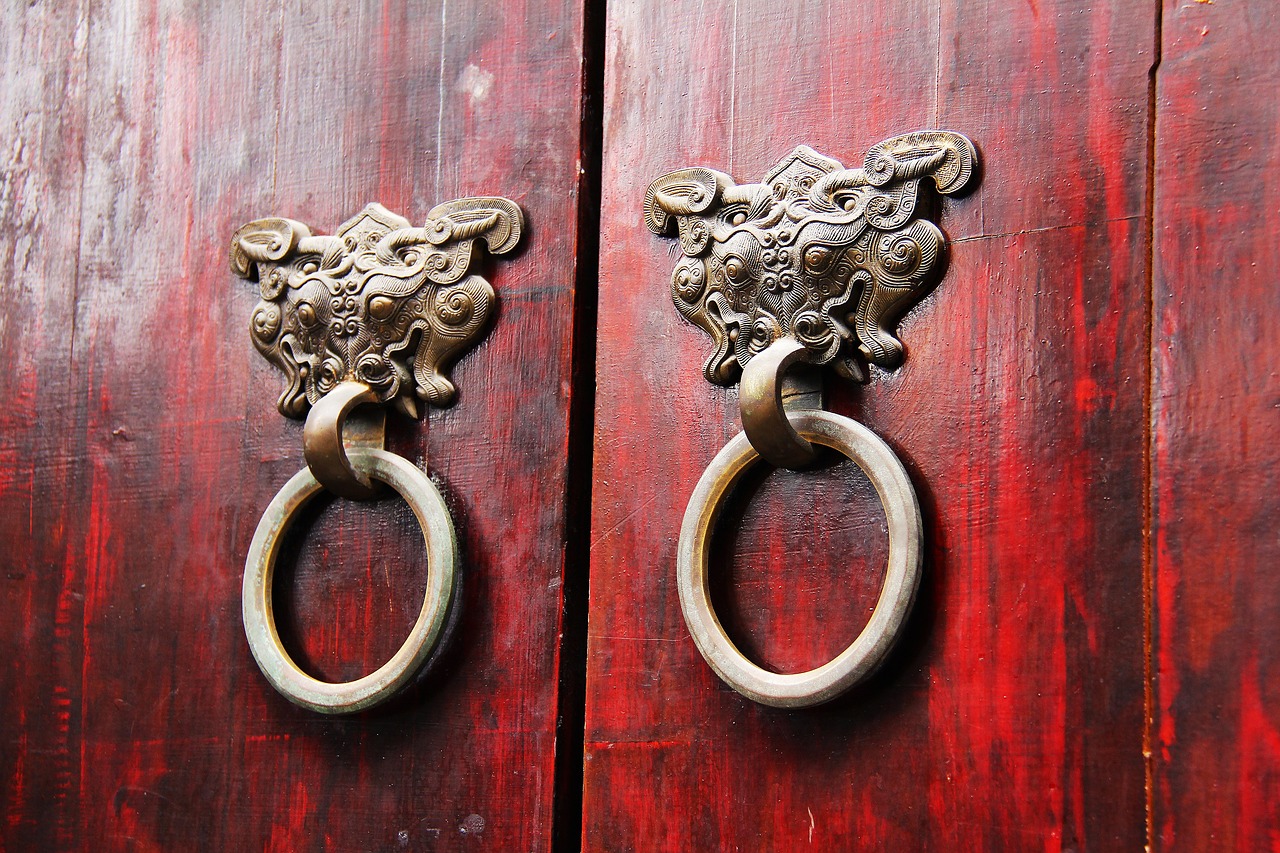Cultural Sensitivities: Understanding Local Norms in China
China is a country with a rich cultural heritage and unique social norms. When visiting or interacting with locals in China, it is essential to be aware of and respect these cultural sensitivities. Understanding and adhering to local norms can help foster positive relationships and avoid unintentionally offending or disrespecting the Chinese people. This article will provide detailed information about various aspects of Chinese culture and the appropriate behavior to follow.
Meeting and Greeting
When meeting someone for the first time in China, it is customary to greet them with a slight bow and a handshake. Addressing the person by their title and surname is considered respectful. Avoid using first names unless invited to do so. It is also common to exchange business cards, which should be presented and received with both hands.
- Eye contact: Maintaining eye contact during a conversation is seen as a sign of attentiveness and respect.
- Personal space: Chinese people tend to have a smaller personal space compared to Western cultures. Respect their personal boundaries and avoid standing too close.
- Gift giving: Presenting gifts is a common practice in China. When giving a gift, it is customary to use both hands and express humility. Avoid giving clocks, white flowers, or anything in sets of four, as they are associated with funerals and bad luck.
- Receiving gifts: When receiving a gift, show appreciation and avoid opening it immediately. Opening a gift in front of the giver may be seen as impolite.
Dining Etiquette
Chinese dining etiquette is an integral part of their culture. Understanding and following proper dining etiquette can greatly enhance your dining experience in China.
- Seating arrangement: The most honored guest is usually seated facing the entrance or with their back to the wall. Wait to be directed to your seat.
- Table manners: Do not start eating until the host begins or offers a toast. It is polite to try a bit of each dish and leave some food on your plate to indicate you are satisfied.
- Chopsticks: Use chopsticks to eat, but avoid sticking them upright in your rice, as it resembles incense used at funerals.
- Toasting: When toasting, hold your glass lower than the person of higher status and make eye contact while saying “ganbei,” which means “bottoms up.”
Gifts and Superstitions
Gift-giving in China is deeply rooted in superstitions and symbolism. Understanding these customs can help you choose appropriate gifts and avoid any potential faux pas.
- Lucky colors: Red and gold are considered lucky colors in Chinese culture. When selecting gifts, consider items in these colors.
- Numbers: The number eight is considered lucky, while the number four is associated with bad luck. Avoid giving gifts in sets of four.
- Wrapping: When giving a gift, it is customary to wrap it in red or gold paper and avoid using white, which is associated with funerals.
- Money: Giving money as a gift is common during special occasions. Avoid giving amounts with the number four, as it is considered unlucky.
Body Language and Gestures
Body language and gestures play a significant role in communication in China. Understanding the meanings behind certain gestures can help avoid misunderstandings.
- Bowing: A slight bow can be used to show respect or gratitude. However, excessive bowing may be seen as insincere or submissive.
- Pointing: Pointing with your index finger is considered impolite. Instead, use an open hand or gesture with your entire hand.
- Nodding: Nodding does not always indicate agreement in Chinese culture. It can also mean that the person is listening or acknowledging what you said.
- Personal contact: Physical contact, such as hugging or patting on the back, is not common in Chinese culture. Respect personal boundaries and avoid unnecessary touch.
Business Etiquette
China has a unique business culture that places great importance on respect, hierarchy, and building personal relationships. Understanding these aspects is crucial when conducting business in China.
- Business cards: Always carry a plentiful supply of business cards and present them with both hands. Take time to study the received card before putting it away.
- Formalities: Address your Chinese counterparts with their title and surname, followed by their position or job title.
- Punctuality: Arriving on time for meetings and appointments is crucial. Being late is seen as disrespectful and may damage business relationships.
- Building trust: Chinese business culture emphasizes building personal relationships. Invest time in getting to know your Chinese counterparts and establishing trust.
Image 1:

Visiting Religious Sites
China is home to various religious sites, including temples and monasteries. When visiting these places, it is important to show respect and follow certain guidelines.
- Dress code: Dress modestly and avoid wearing revealing or inappropriate clothing.
- Photography: Always ask for permission before taking photos, especially of religious statues or rituals.
- Offerings: If you wish to make an offering, follow the instructions provided and be mindful of the proper procedures.
- Etiquette: Maintain a quiet and respectful demeanor while inside the religious site. Avoid loud conversations or disruptive behavior.
Image 2:

Gifts and Souvenirs
When visiting China, it is common to purchase gifts and souvenirs for friends and family. Here are some popular items to consider:
- Chinese tea: China is famous for its wide variety of teas. Consider buying high-quality tea leaves or tea sets.
- Silk products: Silk is a traditional Chinese fabric. Silk scarves, clothing, or accessories make excellent gifts.
- Chinese calligraphy: Calligraphy brushes, ink, and paper are popular souvenirs, especially for art enthusiasts.
- Traditional handicrafts: Items such as porcelain, jade carvings, or traditional paintings showcase China’s rich cultural heritage.
Local Customs and Traditions
China has a diverse range of customs and traditions that vary by region. Here are a few notable ones:
- Chinese New Year: The most important traditional Chinese holiday celebrated with family gatherings, fireworks, and festive decorations.
- Mid-Autumn Festival: A harvest festival celebrated with mooncakes, lanterns, and family reunions.
- Dragon Boat Festival: Commemorating the poet Qu Yuan, this festival involves dragon boat races and eating zongzi (sticky rice dumplings).
- Spring Festival: Also known as the Lantern Festival, it marks the end of Chinese New Year celebrations with lantern displays and cultural performances.
Image 3:

Conclusion
By understanding and respecting the cultural sensitivities and local norms in China, you can enhance your experiences and interactions with the Chinese people. From meeting and greeting to dining etiquette, gift giving, and business customs, each aspect plays a crucial role in building meaningful connections. Remember to be mindful of body language, gestures, and superstitions. Embrace the rich cultural heritage of China and enjoy your time exploring this fascinating country.
References
– chinahighlights.com
– travelchinaguide.com
– theculturetrip.com
– chinaeducationaltours.com
– chineseculture.net


